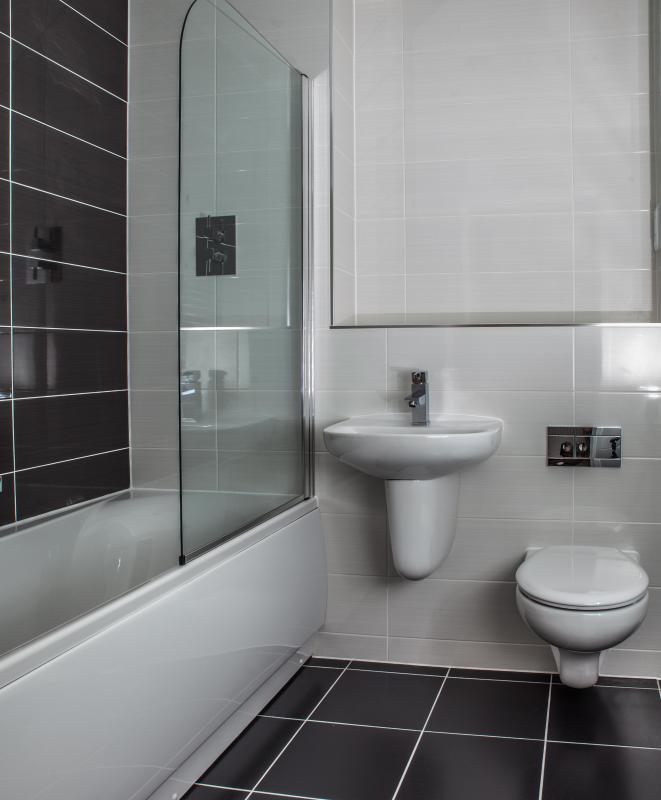At TheHealthBoard, we're committed to delivering accurate, trustworthy information. Our expert-authored content is rigorously fact-checked and sourced from credible authorities. Discover how we uphold the highest standards in providing you with reliable knowledge.
What is a Urethrocele?
A urethrocele, also commonly referred to as a urethral prolapse, is a condition that occurs in women in which the urethra’s tissues shift downward and attach to the vaginal wall. The urethra is a narrow tube that transports urine from the bladder and out of the body. The condition is generally not life-threatening, but may cause symptoms or complications that can become bothersome and make normal activities, such as sexual intercourse or urination, difficult or painful.
Trauma or stretching of the pelvic muscles is generally the most common cause of a urethrocele. Weakening of the pelvic muscles tends to be the result of pregnancy, childbirth, or a pelvic surgery. The likelihood of developing the condition may also increase as a woman ages and her pelvic muscles naturally become weaker. In rare cases, the condition may also be a birth defect in female fetuses.

Some urethroceles do not cause any symptoms. When symptoms are present in a woman, they tend to primarily include urinary incontinence, a condition in which a person cannot control her bladder and involuntarily expels urine. Uncontrollable urination is most likely to occur when a person laughs, coughs, or performs sudden physical activity. Weakened pelvic muscles can also result in pain during intercourse or urination.

If a woman experiences symptoms, she may have the condition treated with surgery. It is performed by making a cut into the vaginal wall and tightening the loose or weakened pelvic muscles. Surgery will usually be delayed until after a woman is done having children because pregnancy and childbirth can make weaken the pelvic muscles again and cause the condition to recur. Even with surgery, the treatment may not be permanent and the urethra may once again shift and attach to the vaginal wall, requiring another surgery.

One of the main complications of a urethrocele is the risk of shifting of other organs in addition to the urethra. Women who experience the condition may also be more likely to end up with retrocele, when the rectum shifts and attaches to the vaginal wall, or entrocele, in which the bowel shifts and attaches to the vaginal wall. Other possible complications of these conditions include infection in the affected organs, pain in the pelvic area or back, or more rarely, a fistula. A fistula is an abnormal joining or opening between two organs that are not normally connected. For example, a fistula could develop between the rectum and vagina and cause stool to exit through the vagina instead of the rectum.
AS FEATURED ON:
AS FEATURED ON:

















Discuss this Article
Post your comments